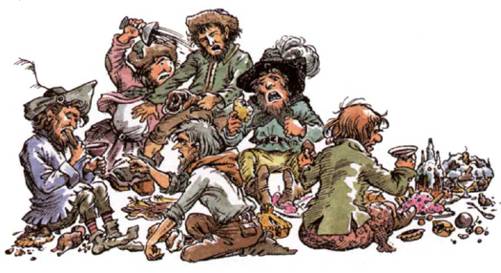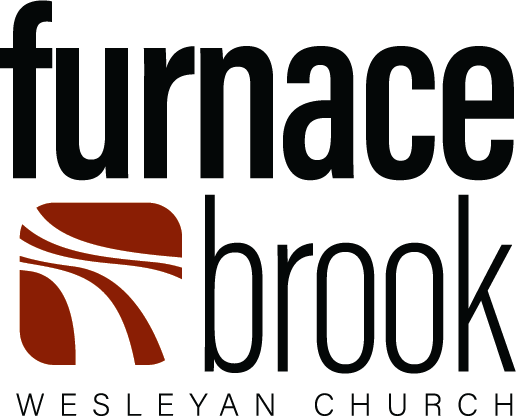 Are Any Sins Unforgivable? A question came up this week in the church office about an obscure passage of scripture having to do with the “unforgivable sin.” In Matthew 12:31 Jesus says “And so I tell you, every kind of sin and slander can be forgiven, but blasphemy against the Spirit will not be forgiven.” The very idea of a sin that cannot be forgiven is disturbing and can lead to some insecurity among those who are uncertain as to whether or not they may have committed that sin, even unwittingly. It’s important to remember the context of the verse, though. Jesus had just driven a demon out of a man and the Pharisees, desperate to avoid having to acknowledge Jesus’ identity, attributed to Satan what God’s Holy Spirit had done through Jesus. This was the blasphemy against the Holy Spirit that Jesus was referring to. And it’s not unique to the Pharisees. Jesus is Lord of All All those who seek to avoid Jesus’ lordship by denying the Spirit’s identity commit the same grave error. In C.S. Lewis’ Narnian adventure, The Last Battle, there is a scene toward the end of the book when heaven is erupting across the Narnian landscape and a group of stubbornly resistant dwarves hole themselves up in a stable to maintain a dismal objection to redemption. The feast that is spread before them they regard as straw and dung. The stable fades away and everything is suffused with radiant light, but they feel themselves confined to a small and dingy stable and grope about in the dark that they insist surrounds them. The heroes of the story regard the dwarves with horror and pity when all efforts to make the dwarves aware of the grace available to them fail because of the dwarves’ insistence that Aslan, the Christ figure, is a monstrous enemy and not the redeeming king. Sadly, they must resign themselves to the fact that the dwarves cannot be blessed because they will not agree to the blessing. That, I think, is the gist of the unforgivable sin. It is not that this sin, being uniquely wicked, has found out the limitation of grace. The sin of blaspheming the Holy Spirit is that terrible malady that convinces the afflicted that the remedy is actually poison. The resulting death is not proof of the malady’s virulence or the remedy’s impotence, but the sad and unnecessary result of the victim’s insistence on a lie. The sin is not unforgivable because the perversity of the sin exceeds the efficacy of grace, but because the very nature of the sin prevents the sinner from subjecting the perversity of the one to the efficacy of the other. We say all of this because we do not want followers of Jesus to ever doubt the sufficiency of grace for their salvation. And because we do not want followers of Jesus to end up, like the dwarves, confined in a prison of their own creation because of a reluctance to correctly identify the Holy Spirit and give him credit for his activity. What do you think? What is your take on this passage?
0 Comments
Leave a Reply. |
Furnace Brook Wesleyan Church Blog
|

 RSS Feed
RSS Feed